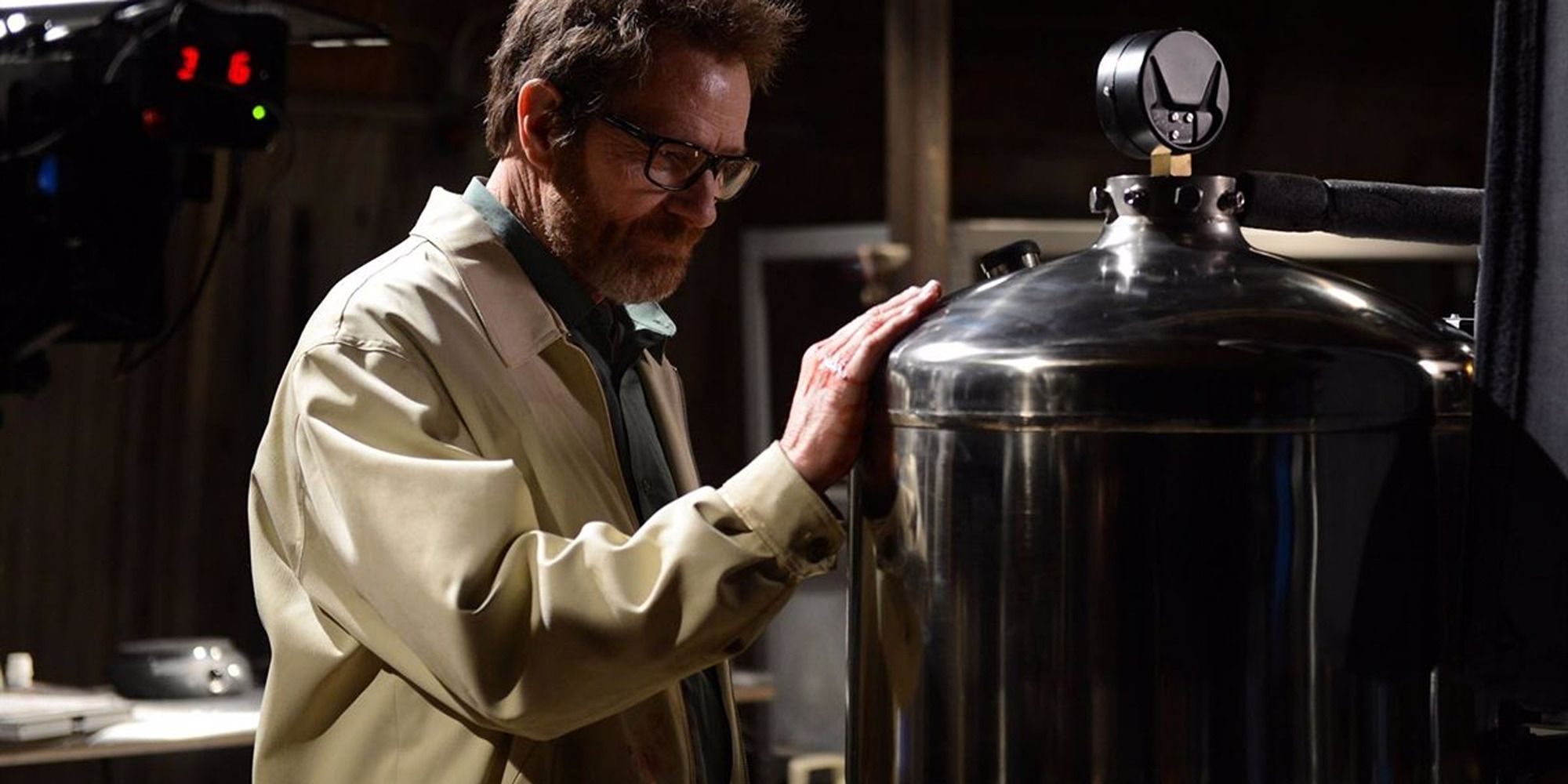UPDATED with additional comments: President-elect Donald Trump will enter the White House this month as a felon, but will serve no jail time under a sentence handed down Friday morning in New York for his criminal conviction in a hush-money trial that angered him and his supporters but didn’t prevent him from reclaiming the presidency.
With an “unconditional discharge,” as his sentence is called, Trump also will incur no fine or probation, but his felony conviction still stands. Under New York law, such sentences are given when the judge determines that no purpose is served in imposing a punishment.
With the U.S. Supreme Court denying his last-minute bid to put off sentencing, Trump found himself facing New York State Supreme Court Justice Juan Merchan for one last time today, but not in person. He was given the option by Merchan to attend his hearing remotely, and chose to appear by video link from Florida for a 30-minute sentencing hearing that had been delayed by his re-election amid a flurry of legal appeals.
After imposing the sentence, Merchan said, “Sir, I wish you godspeed as you assume a second term in office.”
Before the sentence was handed down, Trump addressed the court, once again bashing prosecutors for bringing the charges in the first place. “It was done to damage my reputation so that I would lose the election, and obviously it didn’t work,” he said. He defended his conduct, contending that all he was doing was listing payments to then-attorney Michael Cohen as “legal expenses … and for this I got indicted.”
“I would just like to say that I was treated very, very unfairly,” he said to Merchan, “and thank you very much.”
Prosecutors did not challenge a sentence of unconditional discharge, but lead D.A. Joshua Steinglass emphasized that Trump’s status as a convicted felon remained. “The verdict in this case was unanimous and decisive, and it must be respected,” Steinglass said.
With Manhattan District Attorney Alvin Bragg seated in the gallery, and fellow Trump case prosecutors seated in the well, Steinglass chastised Trump for his verbal and social media attacks on the case and its participants, saying “the once and future president of the United States has engaged in a coordinated campaign” intended to “undermine” faith in judicial institutions and the rule of law.
“Put simply,” Steinglass said, “this defendant has caused enduring damage to public perception of the criminal justice system.” He also quoted a pre-sentencing report prepared by Trump’s probation officer, who interviewed Trump after his conviction and wrote: “The defendant sees himself as above the law and won’t accept responsibility.”
Barring future appeals, which Trump’s lawyer Todd Blanche said he will pursue, the sentencing ends what Merchan called “a truly extraordinary” case for the global attention and heightened security it commanded in and around the criminal courthouse in downtown Manhattan. At the same time, Merchan said, the trial was one just like any other — “no more special, unique or extraordinary than the other 32 criminal trials that took place in this courthouse at the exact same time.”
Trump logged on this morning knowing that his sentence would be light under the unconditional discharge, which the judge had already announced he would apply to a defendant preparing to re-occupy the country’s highest political office 10 days from now. On screen, Trump looked expressionlessly into the camera, with Blanche, seated to his right, and a pair of American flags visible behind them. Another trial defense lawyer, Emil Bove, sat inside the courtroom facing the video screens and the judge.
Trump frequently looked down and away, as if uninterested or preoccupied with something else, until it was his turn to speak.
“This has been a very terrible experience,” he said, delivering an updated, six-minute variation on the daily monologues he gave outside the courtroom during the trial. He again protested his innocence, called the case a “setback” and an “embarrassment” for his home city of New York, and suggested that voters delivered a trial verdict of their own by returning him to office in an election in which he “won conclusively all seven swing states.”
At one point, seeming to stumble over his words, Trump said of the prosecution, “It’s an injustice of justice.”
Indicted in 2023, Trump was convicted in May after a six-week trial on 34 counts of falsifying business records in an attempt to keep a potential sex scandal from derailing his first presidential campaign, in 2016.
A jury in Manhattan found Trump guilty of illegally concealing payments to a porn star, Stormy Daniels, who said she had had a sexual liaison with Trump years earlier — an affair Trump has denied. Prosecutors from the Manhattan District Attorney’s office argued in court that Trump and his lawyer, Cohen, concocted an illegal conspiracy to influence the 2016 presidential election, with Cohen paying Daniels $130,000 for her silence and Trump reimbursing Cohen through a series of payments falsely billed as attorney fees.
Prosecutors said the $130,000 Cohen paid Daniels in the closing days of the 2016 campaign was an undeclared campaign contribution and an act of election interference that kept voters blind to his alleged indiscretions.
Some legal observers called the prosecution’s case a novel application of New York business fraud and election law. But jurors who watched testimony and saw photographs of the checks made out to Cohen — some of which Trump signed in his first months inside the White House — were persuaded. They convicted Trump on all 34 counts in the indictment.
The trial itself featured a parade of witnesses from Trump’s life before and during his rise in national politics including Daniels; Cohen; tabloid publisher David Pecker; assorted Trump Organization employees; and a Trump White House aide, Hope Hicks, who wept on the stand as she concluded her testimony.
The sentencing was a more subdued occasion, with dozens of security officers and two sets of metal detectors still in place for courtroom spectators, but no Secret Service presence and none of the building lockdowns that signaled Trump’s arrival and departure from the criminal courthouse in downtown Manhattan. Gone were the impromptu hallway press conferences where Trump — with supporters, family members and bodyguards standing behind him — raged at Merchan and Bragg, and tested the boundaries of a gag order imposed by Merchan that led to several thousand dollars in fines.
Merchan, addressing the court and the defendant on-screen this morning, said his sentence was an acknowledgement of the protections “afforded to the office of the president of the United States,” though “not the occupant of that office.” He said those protections constituted “a fact that overrides all others” in determining his sentence.
“One power they do not provide,” Merchan added, “is the power to erase a jury verdict.”
After losing the case, Trump and his lawyers fought aggressively to keep the sentencing from ever happening, arguing that it imposed unreasonable restrictions on an incoming president, even without jail time. They also argued the conviction itself could not stand once he’d been re-elected, citing an expansive U.S. Supreme Court ruling in 2024 that shields a sitting president from criminal prosecution for official acts.
That ruling, and Trump’s re-election in November, effectively demolished the federal cases against Trump for attempting to overturn his 2020 election loss and for mishandling classified documents. But the Manhattan D.A. said Trump was a candidate, not president, when he broke state law by scheming to keep Daniels from going public. The defense team’s immunity and presidential hardship arguments failed to sway Merchan or New York appeals court judges, who turned down Trump’s motions.
The U.S. Supreme Court followed suit Thursday evening, declining to intervene with a terse, 10-line order — issued on a 5-4 ruling — that said Trump would have to wait until after his sentencing to conduct further appeals. “We very much intend on pursuing an appeal of this verdict,” Blanche told the court this morning.
Despite their failure to win an acquittal or a sentencing delay, or get the verdict overturned, Blanche, Bove and appeals lawyer D. John Sauer are poised to join his new administration in high-ranking Justice Department and White House roles.









 English (US) ·
English (US) ·